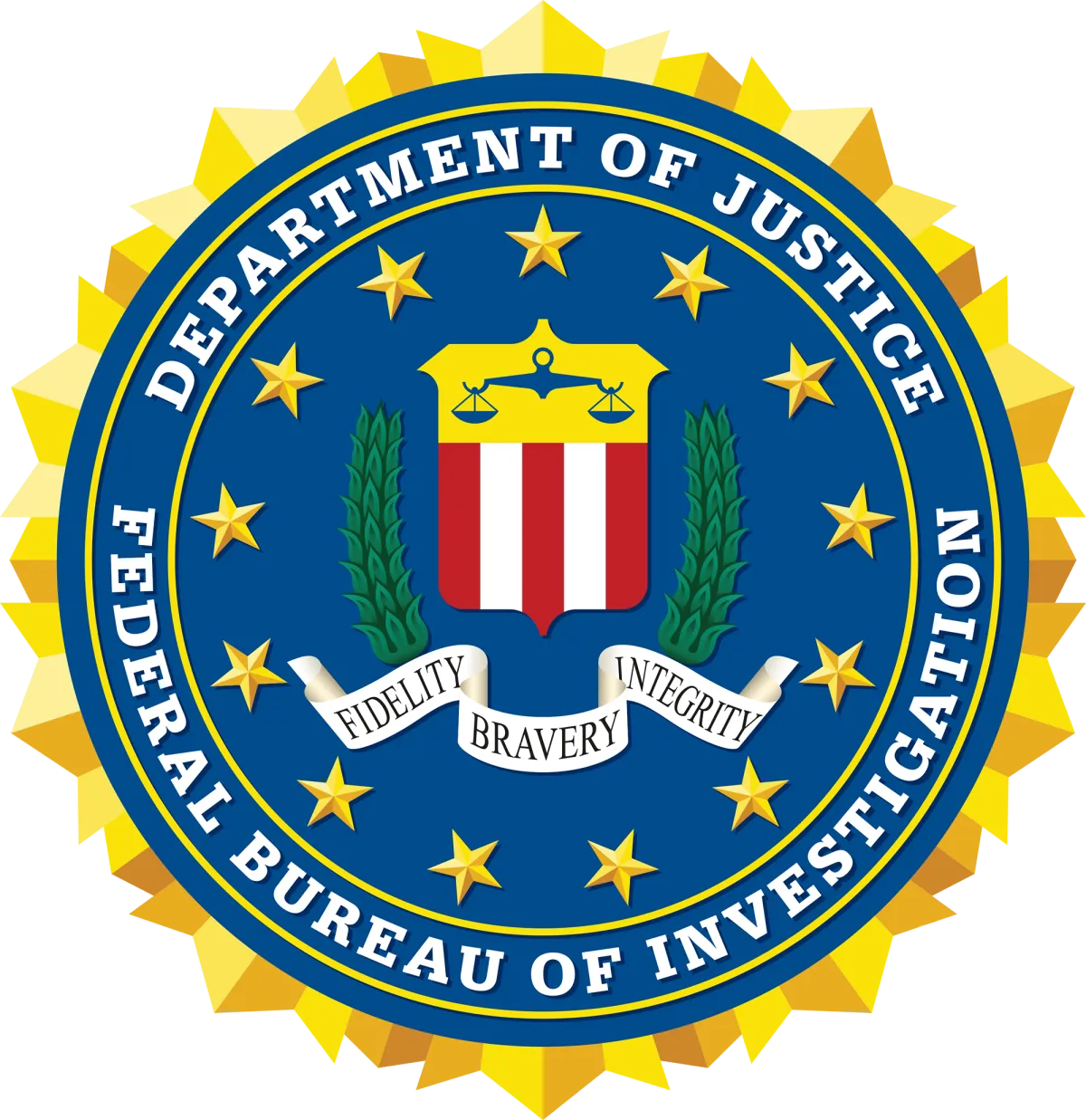"FBI Warns on Encrypted Messaging: Balancing Privacy and Security
The FBI recently warned about the potential risks of encrypted messaging apps like WhatsApp and Signal. Learn about the debate between user privacy and law enforcement access, and how encryption impacts digital security.

FBI’s Warning: Rethink Your Encrypted Messaging Apps
The FBI has sparked a new debate over the use of encrypted messaging apps like WhatsApp, Signal, and Facebook Messenger. While these apps have been celebrated for their end-to-end encryption, which ensures only the sender and recipient can read messages, the FBI is urging both iPhone and Android users to reconsider their security choices. In its latest statement, the FBI emphasized that while encryption is critical for privacy, it must also be "responsibly managed" to allow law enforcement to access data when necessary.
As encrypted messaging becomes a cornerstone of digital privacy, the question of how tech companies handle this technology—and whether they should give law enforcement a way to access data—is dividing experts and the public alike.
The Role of Encryption: Privacy vs. Law Enforcement
What is "Responsibly Managed" Encryption?
End-to-end encryption has long been touted as the best way to secure private communications, ensuring that no one, not even the app provider, can access the messages exchanged between users. Companies like Apple, Google, and Meta have integrated this technology into their messaging platforms, positioning it as the gold standard for protecting user data.
However, the FBI has now called for "responsibly managed" encryption, which, in simple terms, would allow tech companies to decrypt content if ordered to by a court. This doesn't mean creating backdoors for law enforcement to access private data at will, but it does imply that, in specific cases, tech companies should be able to unlock encrypted communications for legal investigations. This request is especially concerning for privacy advocates who worry about potential abuses.
Why Are Tech Companies Resistant?
For years, tech giants like Apple have refused to store encryption keys that would give them access to users' private data. This approach makes it impossible for anyone, including the company itself, to decrypt messages. While this ensures privacy, it also creates a "blind spot" for law enforcement when investigating serious crimes like terrorism or child exploitation.
The FBI argues that this creates a growing problem of going "dark," where criminal organizations and individuals can hide their activities behind encryption. FBI Director Christopher Wray has emphasized that agencies should be able to secure both data and communities, suggesting that this balance is essential in the fight against crime.
A Divisive Issue: Privacy vs. Security
The FBI’s Concerns: Cyber Threats and Criminal Activities
The FBI's warning also ties into the broader concern about cybersecurity. Criminals, including hackers and terrorists, are increasingly using encrypted communication to avoid detection. The FBI contends that without the ability to access these encrypted messages, it is becoming harder to track criminal activities.
In the age of cyberattacks and data breaches, one of the most pressing concerns is the security of encrypted data. Countries like China, for example, have been accused of infiltrating global networks, and some experts believe this could put U.S. data at risk.
Big Tech Pushback: Privacy is Key
On the other side of the debate, tech companies like Meta (which owns WhatsApp and Facebook Messenger) have pushed back against the FBI’s warning. They argue that strong encryption is essential for user security, especially in the wake of rising cyber threats. Meta and others have long maintained that end-to-end encryption is crucial for protecting users’ private communications and preventing data breaches.
The Encryption Debate: A Longstanding Dilemma
The Risk of Backdoors: A Danger to Everyone?
While the FBI advocates for encryption that balances privacy and law enforcement access, privacy experts warn that allowing companies to decrypt user data could open the door to hackers and malicious actors. They argue that any “backdoor” solution—even one with legal safeguards—creates vulnerabilities that could be exploited.
This tension is not new. Since 2017, the U.S. government has raised concerns about “warrant-proof encryption” with discussions often centering around how to balance privacy with national security. Privacy advocates warn that compromising encryption, even in the name of security, could set dangerous precedents.
What’s Next for Encryption?
As the debate continues, the future of encryption and digital privacy is uncertain. The FBI’s concerns are real, but so are the privacy risks that come with potentially giving law enforcement access to encrypted messages. In the coming years, tech companies and lawmakers may need to find a middle ground that satisfies both security and privacy needs.
The Bottom Line: Privacy, Security, and the Road Ahead
The question of who should control encryption keys and under what circumstances they can be accessed is a question of fundamental importance for both privacy and security. With the FBI’s call for "responsibly managed" encryption, it’s clear that the encryption debate is far from over. As we head into 2025, the balance between user privacy and law enforcement access will continue to be a contentious issue.
For now, tech companies and law enforcement agencies must navigate this complex dilemma, and the rest of us—users—will need to stay informed as the conversation evolves.



